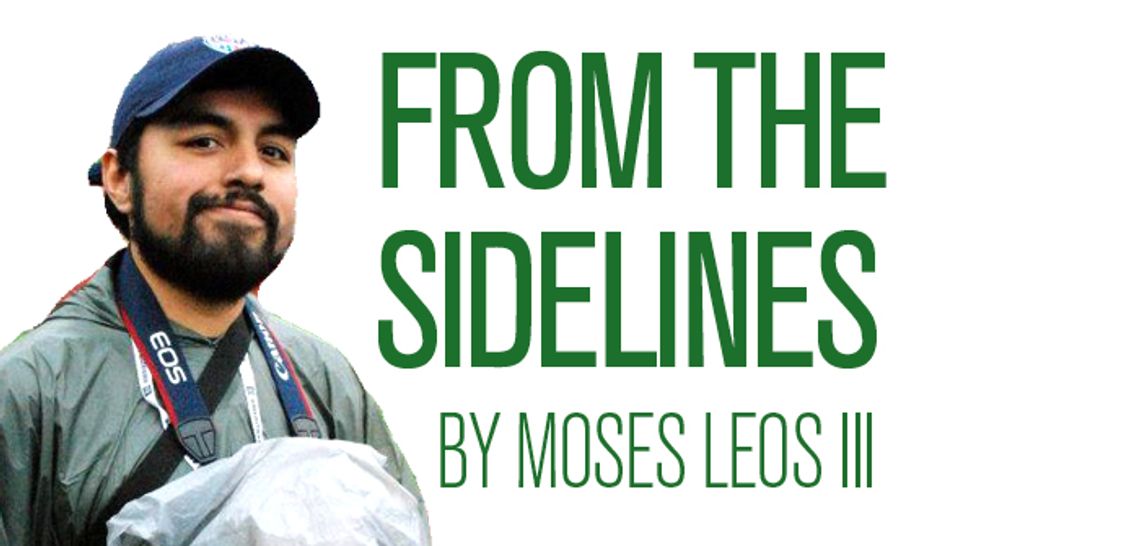Looks like many a Las Vegas bookie could soon find themselves out of work in the near future.
The U.S. Supreme Court early Monday ruled an existing federal law preventing states from participating in sports betting was unconstitutional.
The ruling, which was handed down after New Jersey filed suit against the Professional and Amateur Sports Protection Act (PASPA), gives all states the ability to craft legislation to allow sports betting.
Beforehand, if you wanted to bet on games, individuals would have had to call up a bookie in Las Vegas to place a wager. Las Vegas was the only legal place people could bet on sports.
According to an ESPN report, the NBA and MLB are leading the charge in favor of opening up the sports betting game, which they claim could give many leagues a healthy slice in the lucrative pie.
But is that really a good thing for sports? It can be, if it’s done right.
For the average Joe who likes to parlay a bet here and there, opening up the market would add an extra level of convenience.
But sports leagues could stand to benefit from the influx of cash that rolls in as a result of sports betting. That could inevitably trickle down to the fans in the form of improved amenities, more money for top players and so on.
The impact could be felt on a local level, too. States could stand to profit off the betting empire, not only in what’s coming in from the wagering, but also in tourism monies.
In my opinion, if something like this were to be implemented in Texas, any possible revenue could (and should) go toward education funding, which is direly needed.
However, there are several deep pitfalls that could come as a result of this new measure. The infamous Pete Rose seems to be at top of my mind of what can go wrong with sports betting.
Rose, who arguably should be in Cooperstown for his on-the-field success, is well known for his betting against his Cincinnati Reds while managing them in the mid-1980s. That act led to Rose earning a lifetime ban from the game, which hasn’t been lifted.
No matter how much regulation is in place, it won’t stop people from trying to game the system. Point shaving will continue to be a problem.
Or worse, fixing the games themselves. Numerous stories over the years have shed light on intricate soccer match fixing schemes in Europe, Asia and South America. It’s even gone as far as soccer’s World Cup and the Olympics.
Think this country would be immune to such problems? I wouldn’t bet on that.
Perhaps the largest issue in America circles around the NCAA and how it plans to deal with this news.
That’s not to say people don’t already bet on college sports. Vegas and overseas markets have seen fit to do that.
But the court’s decision places college athletics, which has historically taken an anti-betting stance over the years, in a real bind.
In statement, Donal Remy, NCAA chief legal officer, said while the NCAA is reviewing the impact of reversing PAPSA, it will “adjust sports wagering and championship policies to align with the direction from the court.”
Reports have also surfaced that Marshall and West Virginia University could strike a deal to capture revenue from sports betting, should that state’s legislature give the green light to betting in its casinos.
Which gives new weight to the age old argument of whether it’s time to start paying college athletes.
If colleges and universities were making money off people betting on their athletes, I’d hate to believe we’d still consider them “amateurs.”
We in Texas, however, might be waiting a little while before we start placing our bets on Dallas Cowboy games.
While legislation can be crafted now, it would take a statewide vote to change the constitution because Texas laws only permit the lottery and parimutuel betting on horse and dog races and on bingo. And, in all likelihood, betting won’t formally be heard until the Texas Legislature reconvenes in 2019.
Until then, Texans might just have to make that phone call to an out-of-state bookie after all.










